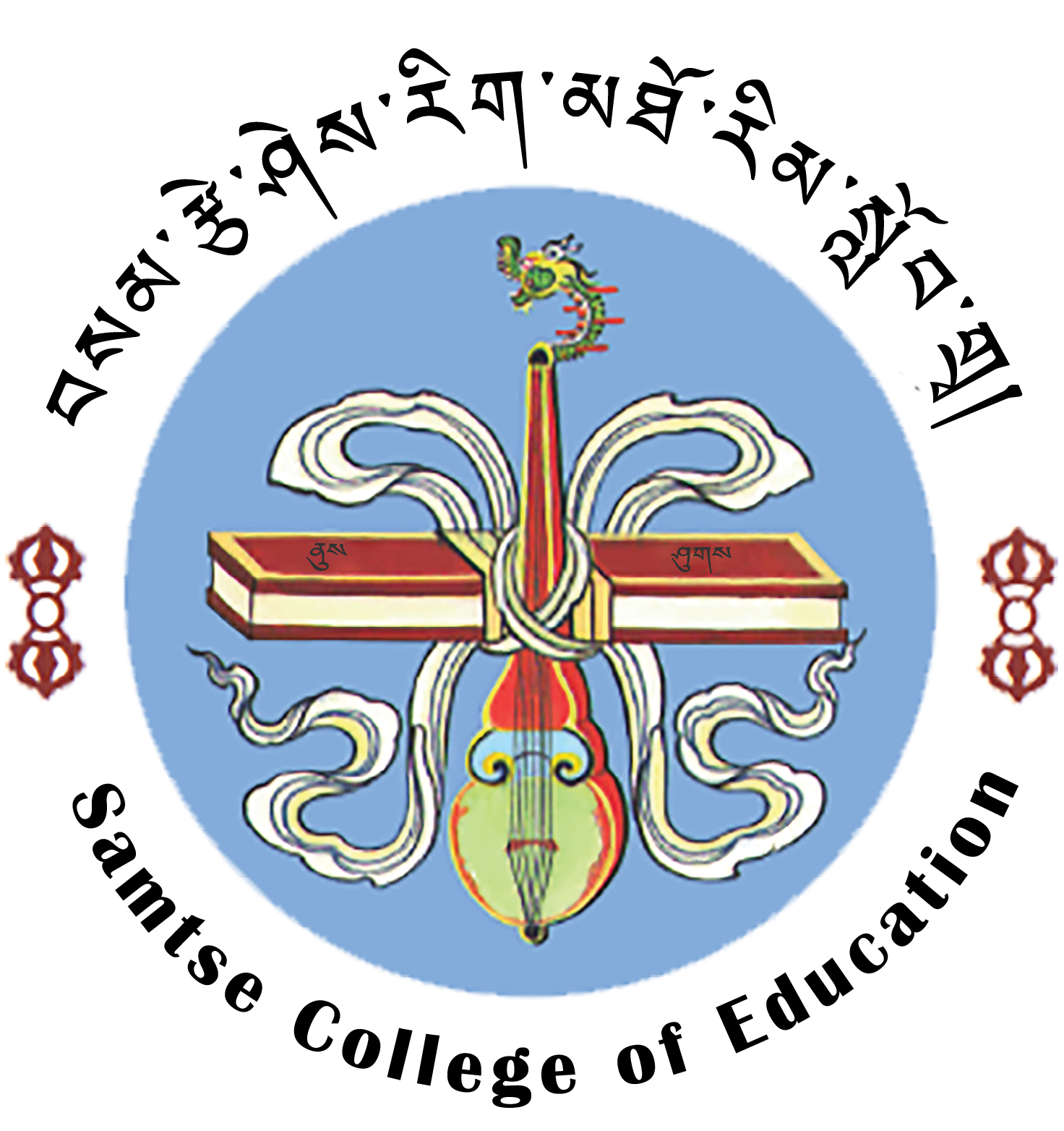Programme Overview
The Postgraduate Diploma in Contemplative Counselling Psychology programme aims to prepare competent and committed graduates who are capable of providing guidance and counselling services that are responsive to the changing needs of schools and the wider society. Consistent with the emerging challenges of Bhutanese society and the University’s vision to provide relevant and quality education, this programme is designed keeping in mind the context of Guidance and Counselling practice in the Bhutanese context, while also ensuring globally recognized standards. It will focus on guidance and counselling strategies that are preventive, developmental, and remedial in nature.
The programme will prepare counselling personnel who through their own self exploration and growth can help their students/clients to achieve optimal personal growth, ability to self-reflect, acquire positive social skills and values, realize their full academic potentials, and make important life decisions. Contemplative practices such as mindfulness awareness will be an integral part of the programme to develop both insight and wisdom into one’s own psychological experiences and those of others, thus cultivating the capacity to be present and compassionate.
Learning outcomes of the programme
On the completion of the PgDCCP programme, the students will be able to:
- apply theories of human growth and development for guidance and counselling that is responsive to the needs of the client ;
- apply a clear understanding of key counselling theories for practice in the Bhutanese context;
- foster helpful relationships that are built on trust and respect with clients and co-workers;
- practice group processes and skills for guidance and counselling effectively;
- develop a personal philosophy of counselling for the effective use of counselling skills and processes as a counselling professional;
- engage a reflective practice by challenging the clients to improve and take responsibility for their own personal and professional growth and development;
- integrate the values of Four Foundations and Four Immeasurables as a technique for providing counselling and helping service;
- identify appropriate interventions strategies to reduce the impact of substance use and addictive behaviour on the individual and society;
- apply basic assessment and screening tools to plan an intervention, prepare analysis reports and provide referrals;
- use career development theories to help clients prepare and plan for their career;
- apply the code of ethics in guidance and counselling practice to ensure that the helping services provided and professional and ethical;
- actively seek out effective supervision and consultation for counselling work; and
- practice mindfulness-awareness on an ongoing basis.
Curriculum Structure
The 18 months PgDCCP programme offered through full-time mode, is organised around three distinct areas of study: Counselling, Psychology and Field Placement. An additional module; RES601 Introduction to Action Research will be offered as an alternative to COT504 Career Development and Consultation for self-financed students.
| Year | Semester |
PgDCCP |
|
| Modules | Credit | ||
| I | I | PSY503 Psychology of Human Development | 15 |
| COT502 Introduction to Counselling | 15 | ||
| COT503 Counselling Theories | 15 | ||
| COS501 Introduction to Contemplative Counselling | 15 | ||
| I | II | COS502 Counselling Process and Skills | 15 |
| COS503 Group Procedures in Counselling | 15 | ||
| COT504 Career Development and Consultation
OR RES601 Introduction to Action Research |
15 | ||
| COT505 Addiction and Prevention | 15 | ||
| II | III | FPT602 Field Placement | 60 |
For more information about the programme, please contact:
Mr. Kuenzang Gyeltshen
Dean of Academic Affairs
Email: daa.sce@rub.edu.bt
Phone: +975-05-365397
(or)
Ms. Dechen Doma
Program Leader
Email: pgdccppl.sce@rub.edu.bt
